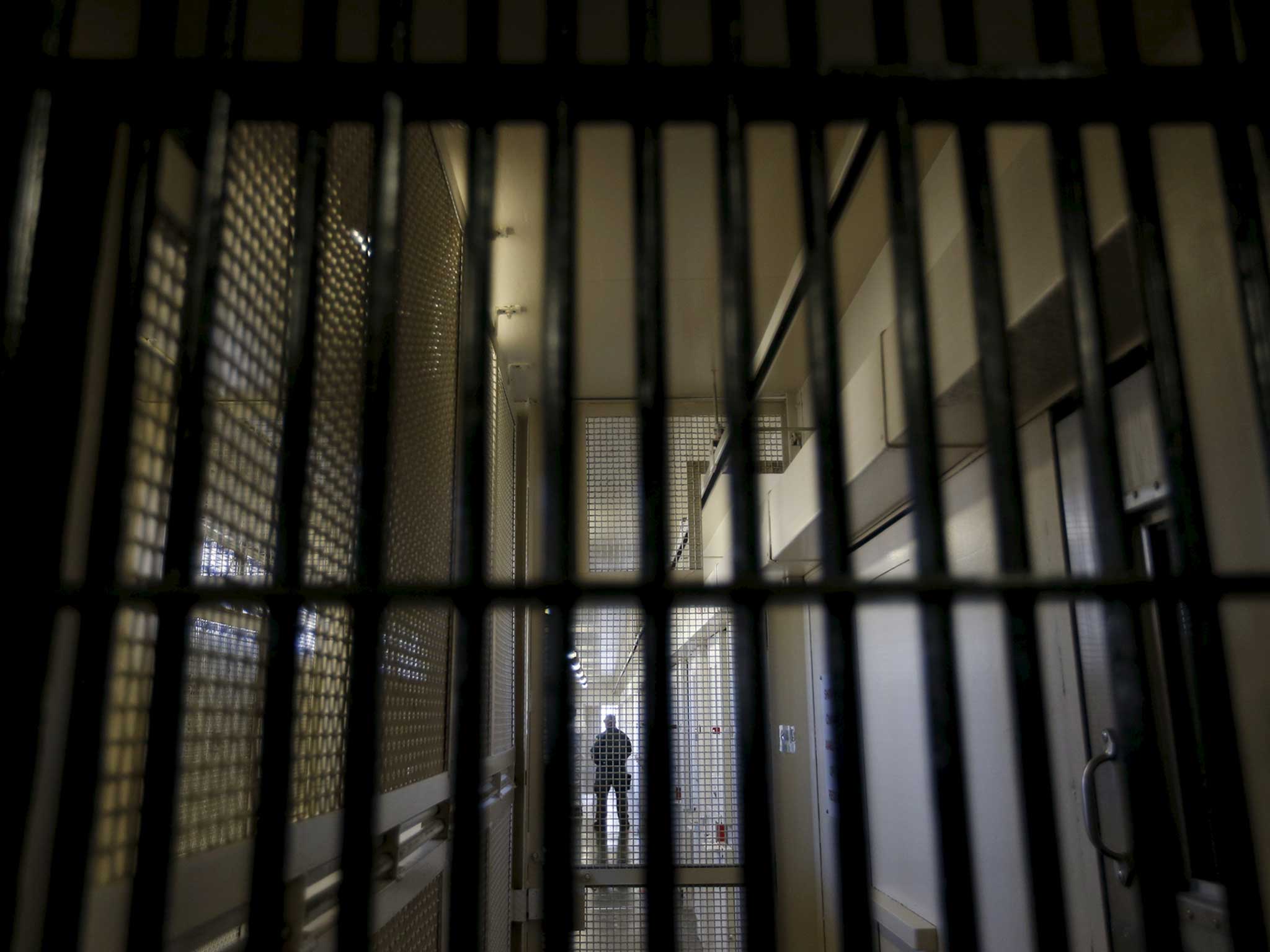Number of countries criminalising sex between lesbian and bisexual women increasing , human rights lawyers warn
A report into criminalisation of same-sex relationships between women has warned 'corrective rape', forced marriages and other forms of violence are still commonly used against lesbian and bisexual women around the world

Your support helps us to tell the story
From reproductive rights to climate change to Big Tech, The Independent is on the ground when the story is developing. Whether it's investigating the financials of Elon Musk's pro-Trump PAC or producing our latest documentary, 'The A Word', which shines a light on the American women fighting for reproductive rights, we know how important it is to parse out the facts from the messaging.
At such a critical moment in US history, we need reporters on the ground. Your donation allows us to keep sending journalists to speak to both sides of the story.
The Independent is trusted by Americans across the entire political spectrum. And unlike many other quality news outlets, we choose not to lock Americans out of our reporting and analysis with paywalls. We believe quality journalism should be available to everyone, paid for by those who can afford it.
Your support makes all the difference.It is illegal to be a bisexual or lesbian woman in 1 in 4 countries around the world and the number is growing, research has revealed.
A total of 44 countries criminalise sex between consenting adult women and of these at least ten countries which have previously only criminalised male relationships have recently expanded their laws to include women. Many of the laws were first instigated under British colonial rule and others are based on Sharia law. The report has been released by the Human Dignity Trust, a pro-bono organisation comprised of international lawyers providing legal advice to people in countries where homosexuality or bisexuality is illegal.
The Trust warns that while many countries have historically only criminalised male homosexuality due to the legacy of British colonial penal codes, increased international criticism of the laws is having the counter-intuitive effect of laws being expanded to include women as states believe the legal basis is strengthened if they are gender neutral and therefore more 'equal'.
The report finds: "Ironically, such amendments [to criminalise women] are often made on the inaccurate premise of ensuring non-discrimination in the State's treatment of male and female homosexuals. A Botswana court found that a gross indecency law that only applied to male homosexuals, and not female homosexuals, was discriminatory, but that the discrimination was rectified when the provision was made gender-neutral. Similarly, a court in Solomon Islands found that the male gross indecency law was discriminatory since women were not criminalised, but found that this would be rectified by removing the word 'male'."
Corrective rape is found to be common as a way of 'curing' women of same-sex attraction and forced marriages with men are also a continuing threat
The report warns that while reports on LGBT criminalisation can often focus on gay and bisexual men, women experience criminalisation in specific and particularly damaging ways as they suffer from the dual effects of misogyny and bi/homophobia. Corrective rape is found to be common as a way of 'curing' women of same-sex attraction and forced marriages with men are also a continuing threat. As social and economic structures are already designed to require women to be dependent on men, women can experience particular stigma and practical issues if seeking to live independently outside of a 'traditional' relationship or with another woman. Another concern highlighted in the report is how restrictions on women's movement in socially conservative countries can often mean it is forbidden for women to travel without a man, making it difficult for women to meet in private.
Restrictions on women's movement in socially conservative countries can often mean it is forbidden for women to travel without a man, making it difficult for women to meet in private.
"Women in general are disadvantaged economically in many societies, for example by inequality in family structures, labour markets and laws on property and inheritance, which in turn compound the human rights violations faced by lesbians and bisexual women as they are less able to live independently without male family members. Women [pressured into sham 'heterosexual' marriages] are likely to have significantly less control over their own bodies than gay men who enter sham heterosexual marriages, and may have little control over their sexual and reproductive health choices.
"Lesbians and bisexual women are also particularly vulnerable to violence, control and abuse within their own families and by people they know. They frequently experience targeted rape, through which abusers purport to correct a victim's sexual orientation. Much of the research, advocacy and legal discourse around the criminalisation and persecution of LGBT people worldwide has to date inadvertently focussed on the situation of gay and bisexual men. This means that the unique situation of lesbians and bisexual women has not been properly addressed in legal responses to criminalisation."
Join our commenting forum
Join thought-provoking conversations, follow other Independent readers and see their replies
Comments